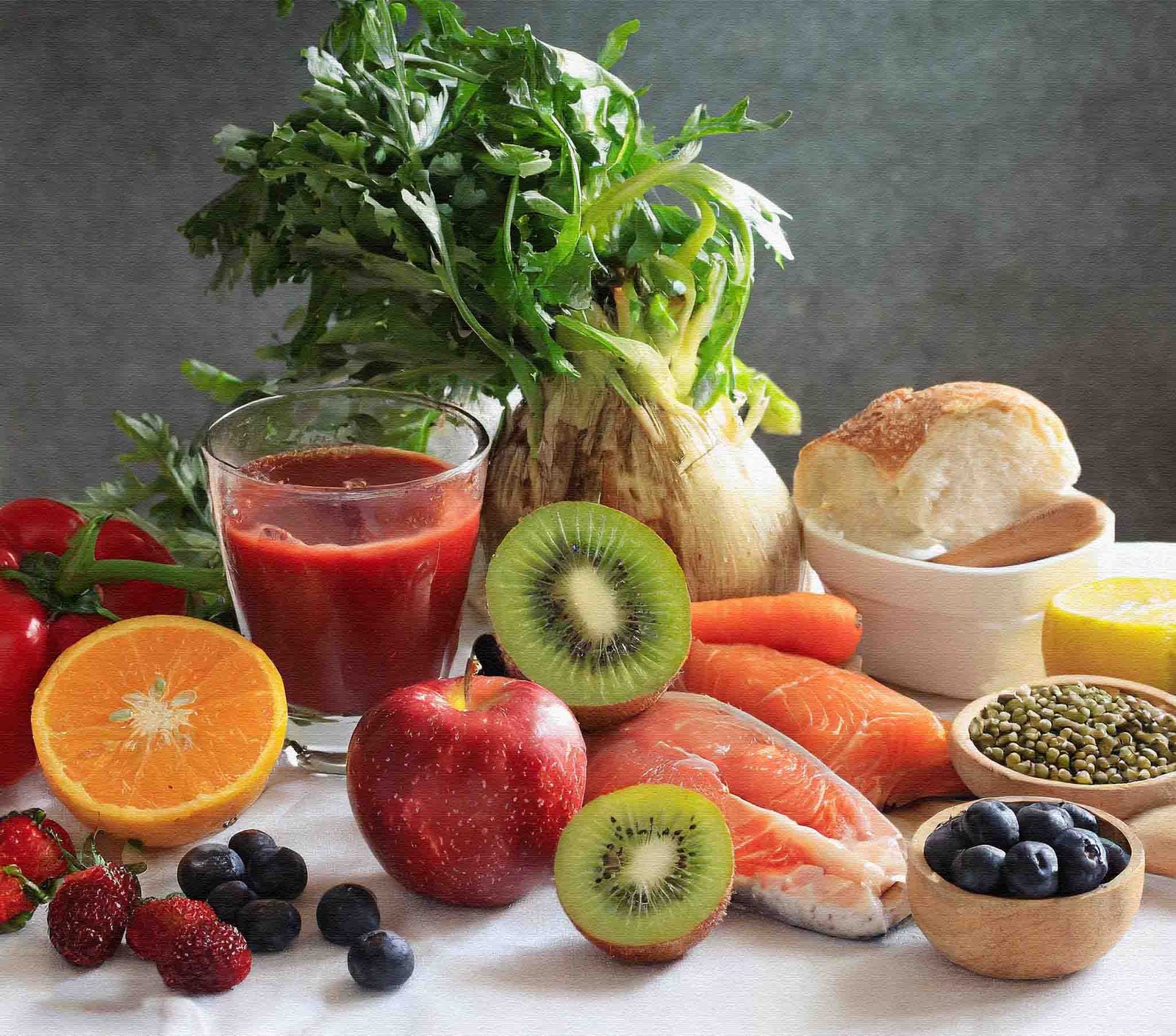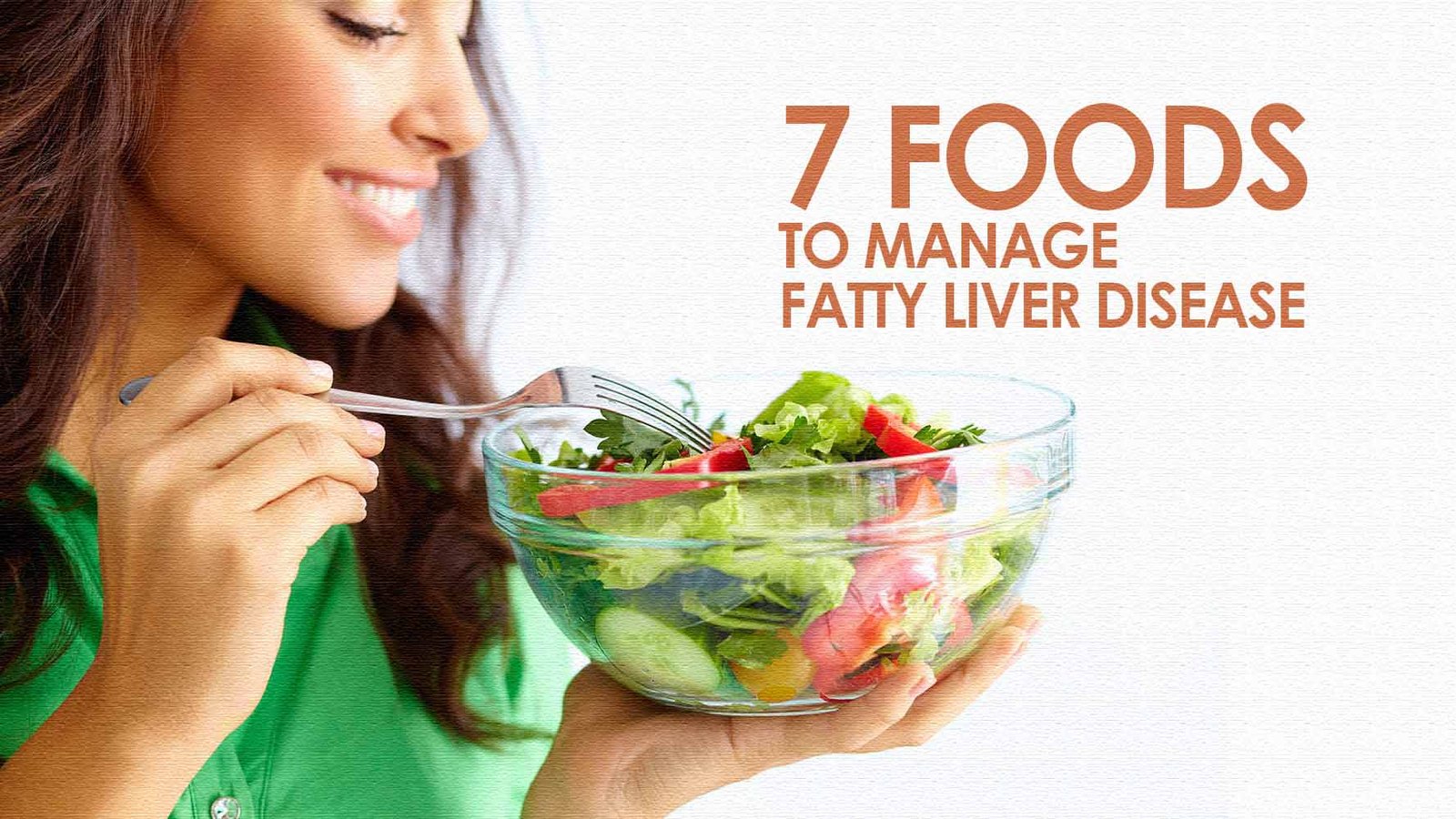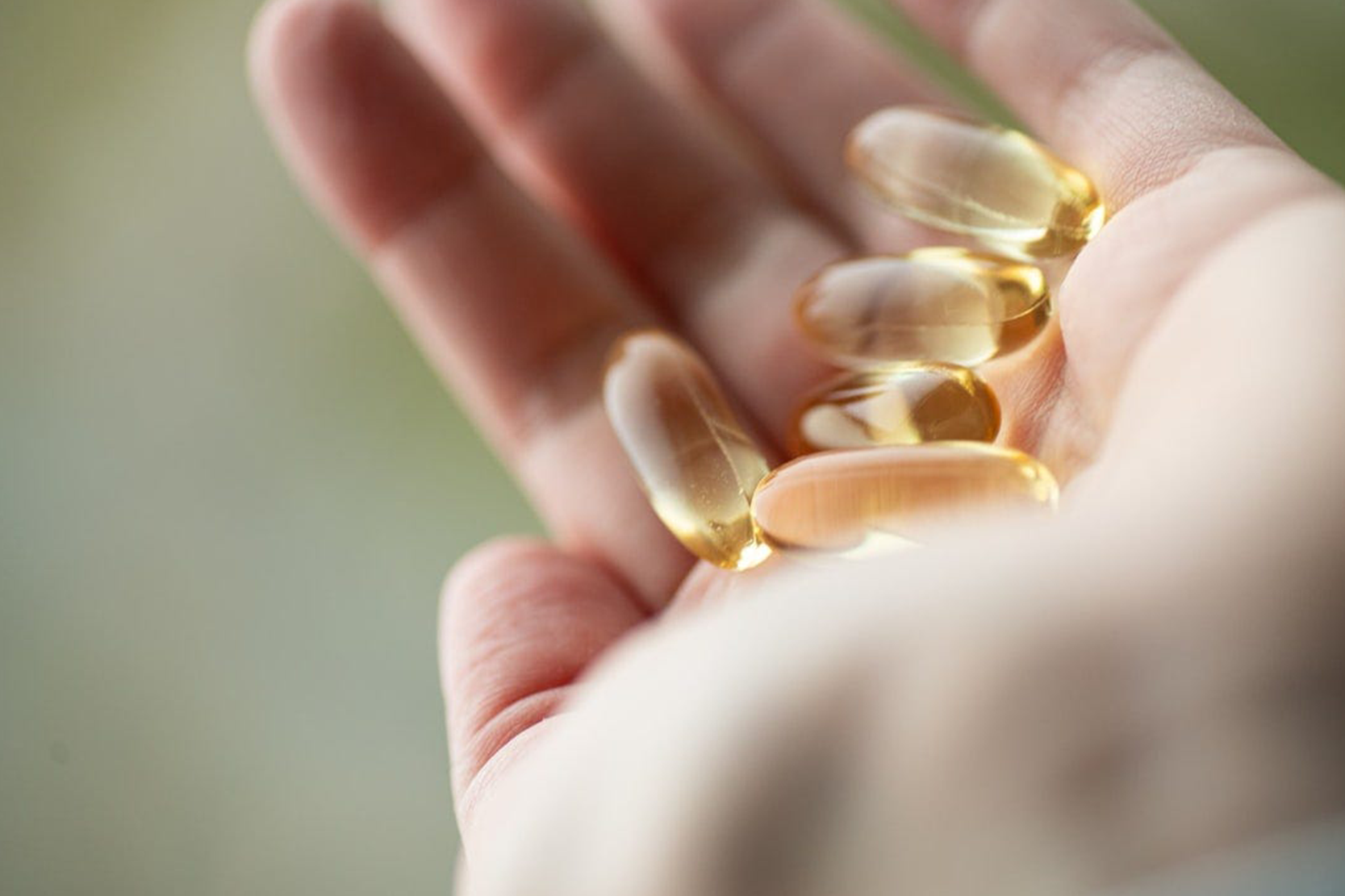HEALTH BLOG
Eat Smart: 7 Super Foods to Manage Fatty Liver Disease
-
Rahul Priydarss

U
nlock the secrets to optimal liver health with our comprehensive guide on managing fatty liver. Discover the top 7 Super Herbal foods to manage your Fatty Liver Disease, promoting well-being and vitality. Eat smart, heal smart. your journey to a healthier liver starts here!
Table of Contents
Introduction to Fatty Liver Disease:
Fatty liver disease, a condition characterized by the accumulation of fat in the liver cells, has become increasingly prevalent in the United States. With lifestyle factors such as poor diet and sedentary habits contributing to its rise, adopting a strategic approach to nutrition becomes crucial for managing this condition. In this article, we’ll explore seven foods that can play a significant role in supporting liver health and managing fatty liver disease.
1. Fatty Fish for Omega-3 Fatty Acids:
Incorporating fatty fish such as salmon, mackerel, and trout into your diet can be a game-changer for those with fatty liver disease. These fish are rich in omega-3 fatty acids and are known for their anti-inflammatory properties. Omega-3s not only help reduce inflammation in the liver but also support overall heart health.
2. Green Leafy Vegetables for Nutrient Density:
Load up your plate with green leafy vegetables like spinach, kale, and Swiss chard. Packed with vitamins, minerals, and antioxidants, these vegetables are nutrient powerhouses. The abundance of fibre in leafy greens aids digestion and helps regulate blood sugar levels, which is essential for managing fatty liver disease. or use this product Amway Nutrilite protein for proper nutrition.
3. Oats for Soluble Fiber:
Oats are an excellent source of soluble fibre, which plays a crucial role in managing cholesterol levels and supporting liver function. A bowl of oatmeal for breakfast can help stabilize blood sugar levels and contribute to overall heart health. Choose whole oats over processed versions for maximum nutritional benefit.
4. Nuts and Seeds for Healthy Fats:
Almonds, walnuts, chia seeds, and flaxseeds are rich in healthy fats, particularly monounsaturated and polyunsaturated fats. These fats are heart-friendly and can help reduce liver inflammation. Additionally, nuts and seeds provide an array of essential nutrients, making them a smart and satisfying snack choice.
5. Turmeric for its Anti-Inflammatory Properties:
Known for its vibrant colour and distinctive flavour, turmeric contains an active compound called curcumin, which has potent anti-inflammatory properties. Incorporating turmeric into your diet, whether in curries, soups, or as a supplement, can help combat inflammation in the liver and support overall liver health.
6. Green Tea for Antioxidant Boost:
Swap your regular beverage for green tea to reap its antioxidant benefits. Green tea is rich in catechins, which have been shown to protect liver cells from damage and aid in fat metabolism. Regular consumption of green tea can be a refreshing and health-promoting addition to your daily routine.
7. Berries for Vitamin C and Antioxidants:
Berries, such as blueberries, strawberries, and raspberries, are not only delicious but also packed with vitamin C and antioxidants. These nutrients play a role in reducing inflammation and oxidative stress in the liver. Including a variety of berries in your diet can be a sweet and nutritious way to support liver health.
Some Doctor List-
- Mount Sinai Hospital:
Website: https://www.mountsinai.org/
Contact: Mount Sinai Contacts - NYU Langone Health:
Website: https://nyulangone.org/
Contact: NYU Langone Contacts - Columbia University Irving Medical Center:
Website: https://www.cuimc.columbia.edu/
Contact: Columbia University Irving Medical Center Contacts

Frequently Asked Questions (FAQs):
1. Q- What makes fatty fish beneficial for managing fatty liver disease?
A- Fatty fish like salmon and trout are rich in omega-3 fatty acids, known for their anti-inflammatory properties. These fats help reduce liver inflammation, promoting overall liver health.
2. Q- How do green leafy vegetables contribute to managing fatty liver disease?
A- Green leafy vegetables, including spinach and kale, are nutrient-dense and packed with fibre, supporting digestion and regulating blood sugar levels crucial for those with fatty liver disease.
3. Q- Why are nuts and seeds recommended for individuals with fatty liver disease?
A- Nuts and seeds, such as almonds and chia seeds, provide healthy fats that help reduce liver inflammation. Additionally, they offer essential nutrients, making them a smart and satisfying snack choice.
4. Q- Can incorporating turmeric and green tea into the diet truly combat liver inflammation?
A- Yes, turmeric contains curcumin, known for its anti-inflammatory properties, while green tea’s catechins protect liver cells and aid in fat metabolism. Including these in your diet can contribute to managing fatty liver disease.
-Remember, Always consult with healthcare professionals or Doctors for personalised advice related to medical conditions.
- Advertisement -
Article Reviews:
Review 1: “Elevate your liver health with this insightful article! The breakdown of foods for managing fatty liver disease is a game-changer. Practical and easy to follow, it’s a must-read for anyone looking to make informed dietary choices for a healthier liver.”
Review 2: “As someone managing fatty liver disease, this article was a goldmine. The recommendations for fatty fish, green leafy veggies, and nuts are practical and delicious. A concise guide that empowers you to ‘Eat Smart, Heal Smart’ – highly recommended!”
Review 3: “Thumbs up for this comprehensive guide on foods for fatty liver disease! The incorporation of turmeric and green tea is a bonus. It’s not just informative but also actionable. A fantastic resource for those on the journey to better liver health.”

Conclusion:
Managing fatty liver disease goes beyond avoiding certain foods; it involves incorporating nutrient-dense options that actively contribute to liver health. The seven foods highlighted—fatty fish, green leafy vegetables, oats, nuts and seeds, turmeric, green tea, and berries—form a foundation for a liver-friendly diet. However, it’s essential to remember that dietary changes should be made in consultation with a healthcare professional, and an overall healthy lifestyle, including regular exercise, remains key to managing fatty liver disease effectively. By eating smart and healing smart, individuals can take proactive steps towards supporting their liver and overall well-being.
Previous Post
Connect with Us





